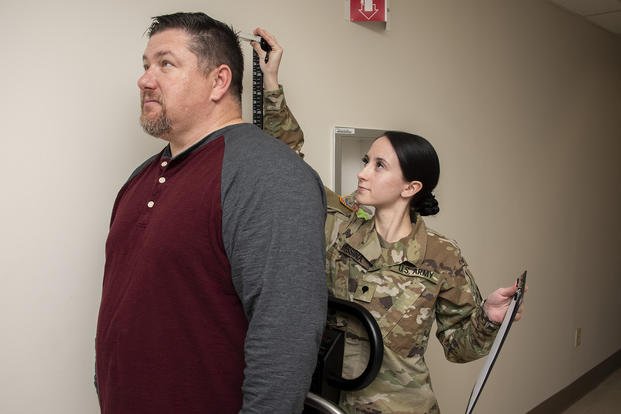Did you know that according to the U.S. Department of Veterans Affairs, approximately 78% of veterans fit the criteria for being clinically overweight or obese (defined as having a body mass index, or BMI, greater than 25)? Obesity is a growing issue that, if left unchecked, could lead to long-lasting health conditions like diabetes, high cholesterol and high blood pressure.
While diet and exercise can have a positive impact in shedding those excess pounds, there are times when additional interventions are needed to achieve and maintain a healthy lifestyle. Bariatric surgery can help provide effective weight loss in patients who are obese and unable to lose and sustain their reduction in weight.
There are a few different invasive and minimally invasive weight-loss surgical procedures. Finding which one is right for you takes research and consultation with a medical professional:
- Gastric bypass: This surgery makes the stomach smaller and reroutes the intestines, resulting in a feeling of fullness sooner after eating and a reduction in food absorption.
- Gastric sleeve: A procedure where approximately 80% of the stomach is removed.
- Lap-band surgery: An adjustable band is placed around the upper part of the stomach, creating a small pouch where food is collected during meals. Once the pouch is full, you receive a sensation of fullness
While these surgical procedures are invasive, anatomy-altering and require patients to change their diet, there is a minimally invasive, anatomy-sparing surgical procedure that has been shown to help people lose and maintain weight loss effectively:
- vBloc neurometabolic therapy: Through the use of a pacemaker-like device implanted just under the skin, vBloc therapy blocks the hunger signals between the brain and stomach, making you feel fuller longer and reducing the amount of food you want to eat.
As with all surgeries, you should be aware that each of the listed weight-loss procedures come with their share of potential side effects. Those should be considered as you move closer to choosing which route to take:
- Gastric bypass patients have reported experiencing chronic fatigue, nutritional deficiencies and gastrointestinal issues, including severe acute episodes of vomiting and diarrhea.
- Gastric sleeve patients have reported experiencing heartburn, vomiting, gastroesophageal reflux disease and related complications.
- On average, lap-band patients have reported experiencing vomiting once a week.
- vBloc Therapy patients most commonly report experiencing mild to moderate pain at the implant site, heartburn, and abdominal pain or cramping.
The best way to determine which option is best for you is to consult with your physician and research the different procedures. Ask questions of your physician as well as talk to others who have gone through these procedures. Peer-to-peer conversations will help you get firsthand knowledge of what the benefits and risks are for each weight-loss procedure.
Want to Learn More About Military Life?
Whether you're thinking of joining the military, looking for fitness and basic training tips, or keeping up with military life and benefits, Military.com has you covered. Subscribe to Military.com to have military news, updates and resources delivered directly to your inbox.



















